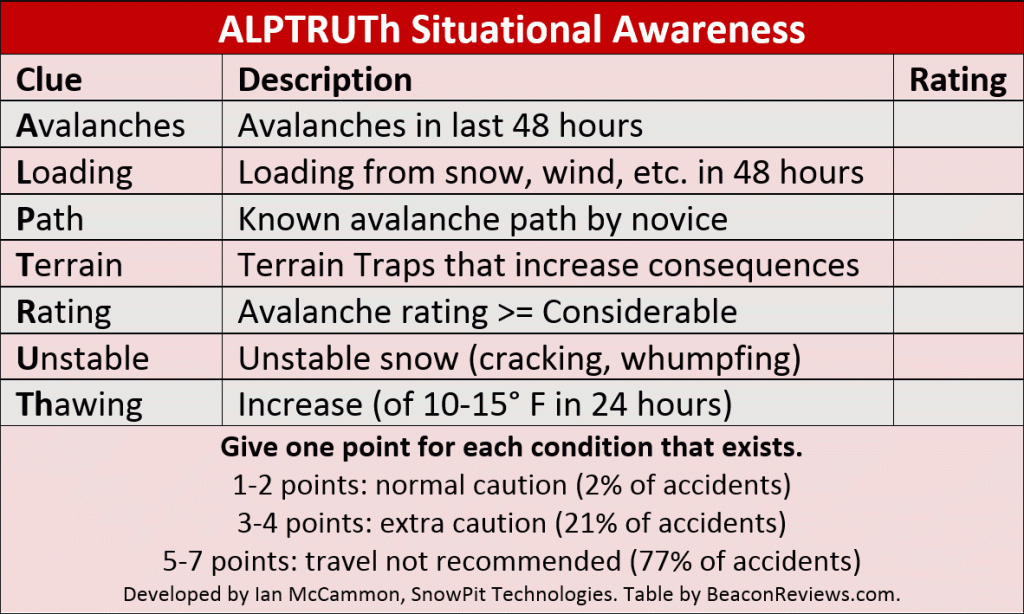We were hoping to cover safe avalanche terrain travel, avalanche awareness, and snowpack stability assessment this month. The snowpack is currently rock solid so not very interesting to do stability tests on, but we will tentatively stick to the topic and hope for an (unlikely) change in the weather patterns.
Please find the time to watch all 5 parts of this American Institute of Avalanche Research and Education (AIARE) lecture on YouTube, especially if you have limited avalanche training. Sadly it’s just a video camera recording a public event, so the video and audio quality are rather poor, but it is still the most comprehensive and professional treatment of the topic I can locate online that is free.
1. https://youtu.be/VF5Bg_qyJpg
2. https://youtu.be/ffdf1zePA0M
3. https://youtu.be/OOf2EnGgobE
4. https://youtu.be/lzcjqxxuBBg
5. https://youtu.be/eVTFN4YE5gM
This interactive online avalanche course from New Zealand is also pretty good and a lot more modern and interactive in its presentation:
https://rise.articulate.com/share/E8y2HjI41iXpw2R3LR8EhkzonCgW5b8O#/?_k=crul7y
We will discuss next Saturday’s actual training at the Wednesday March 17 KISAR general meeting at Bayside at 7 PM. Please consider watching the lecture as Wednesday’s training topic that would otherwise normally follow the meeting. We will have a short presentation to underscore some of the main points made in the lecture and present local resources to help in avalanche decision making.
The wearing of masks and all the current COVID safety protocols will be observed. Community transmission is low, and many have already received some part of their vaccination regimen. But out of respect for the un- or partially-vaccinated in our community, we will stay vigilant.





